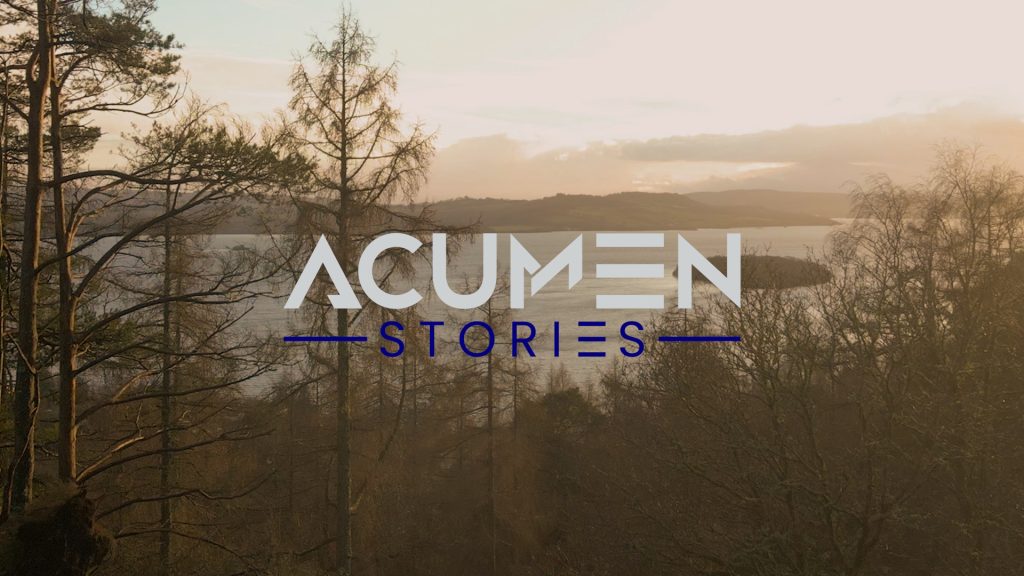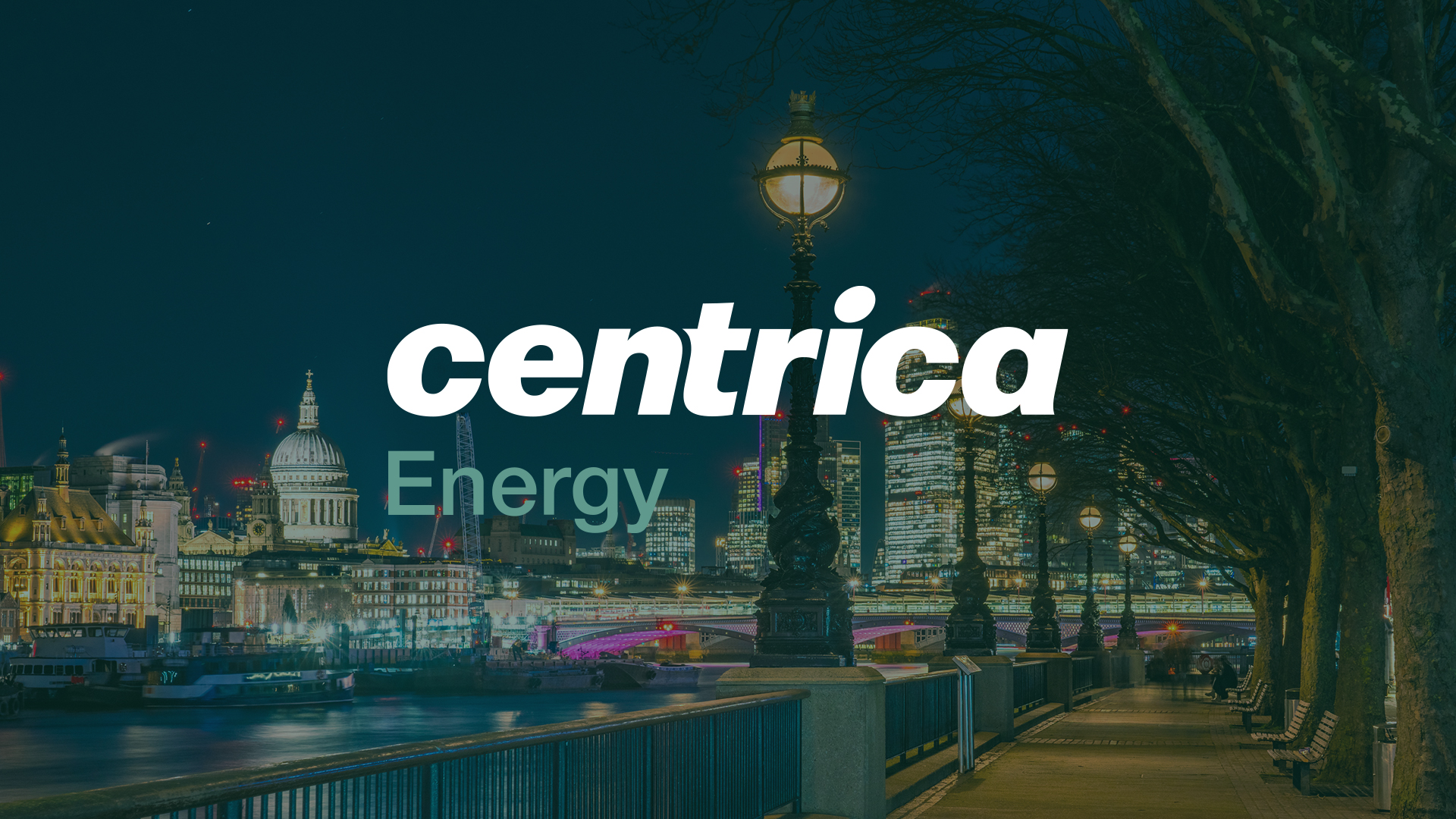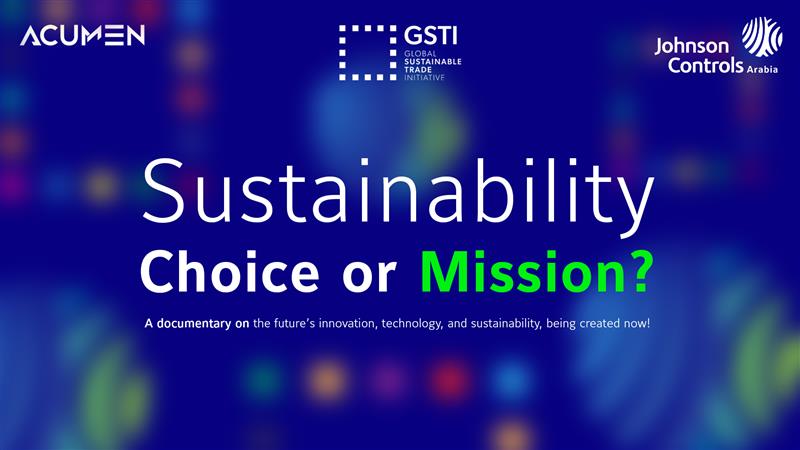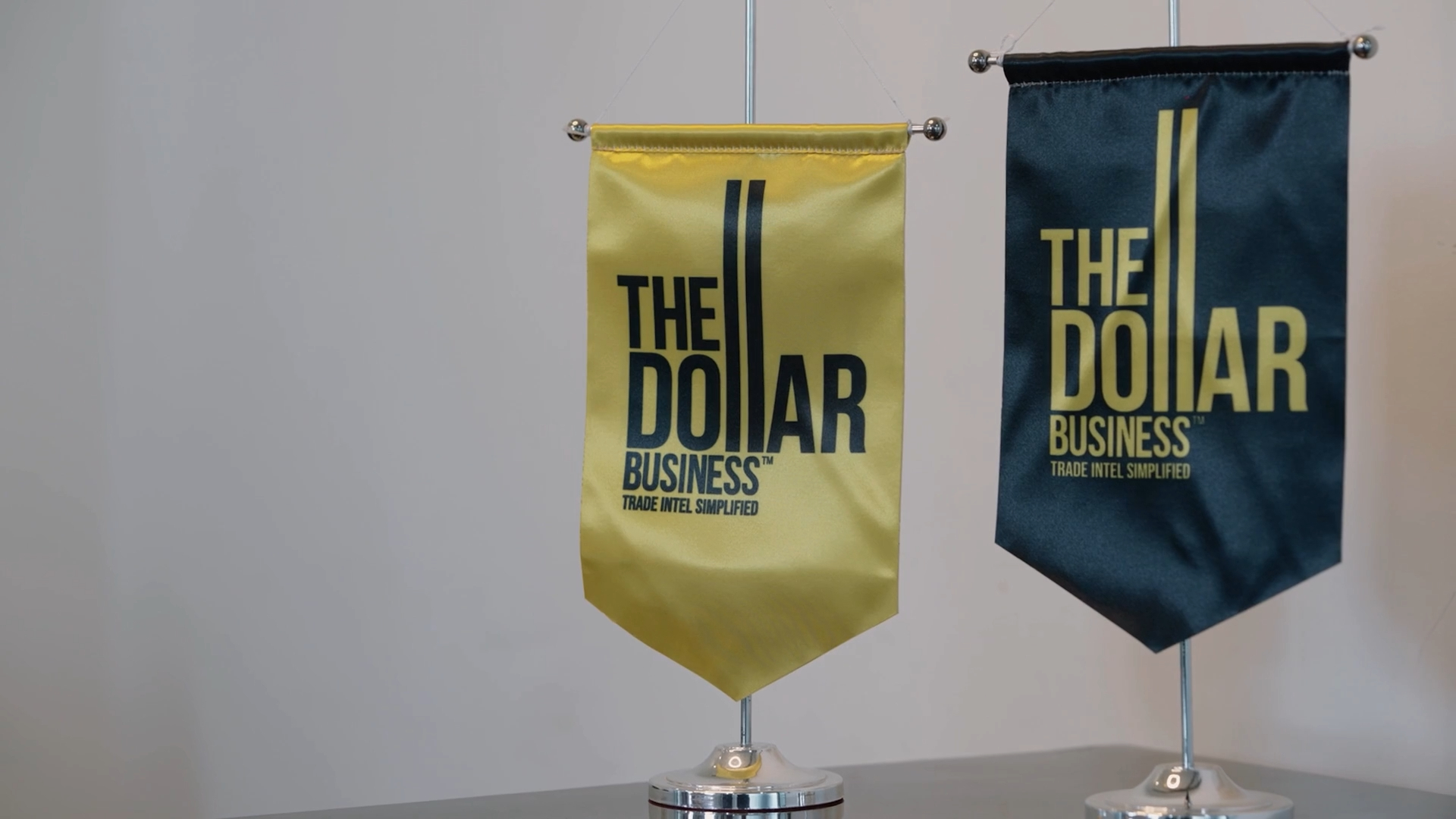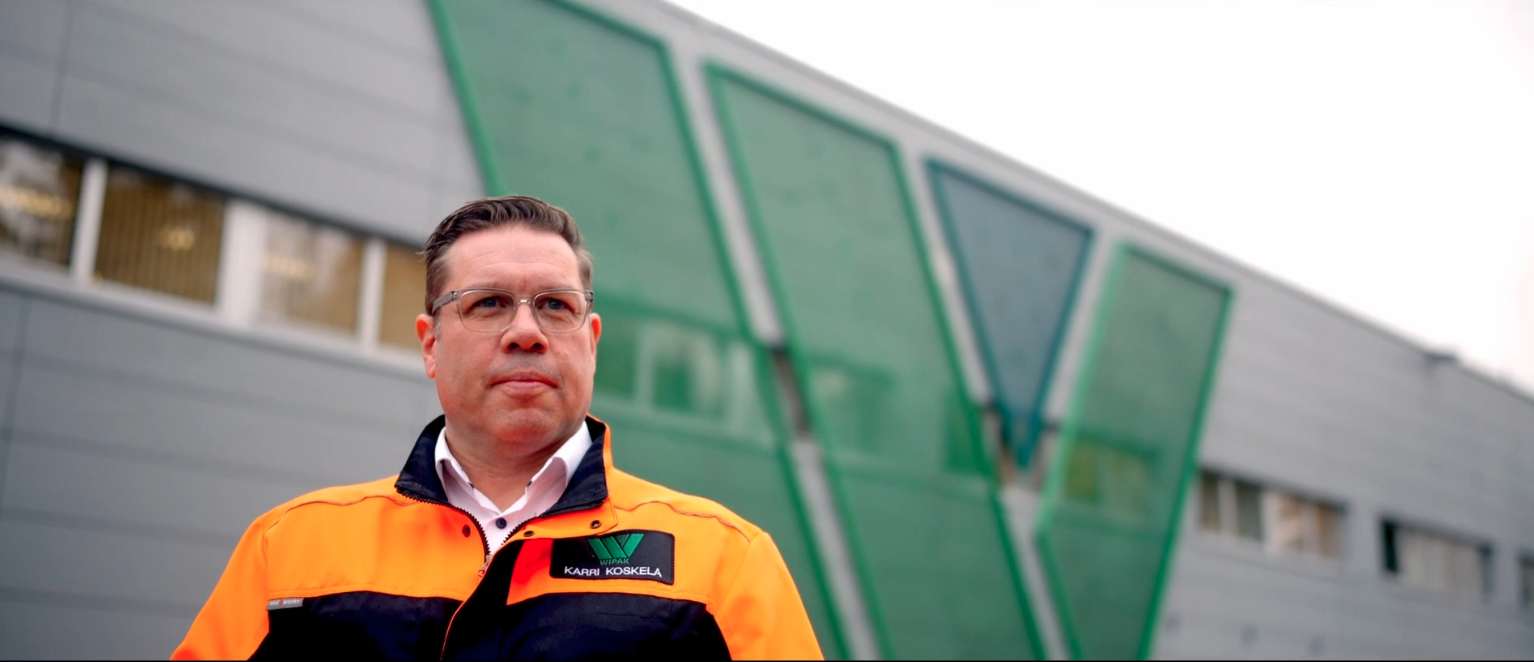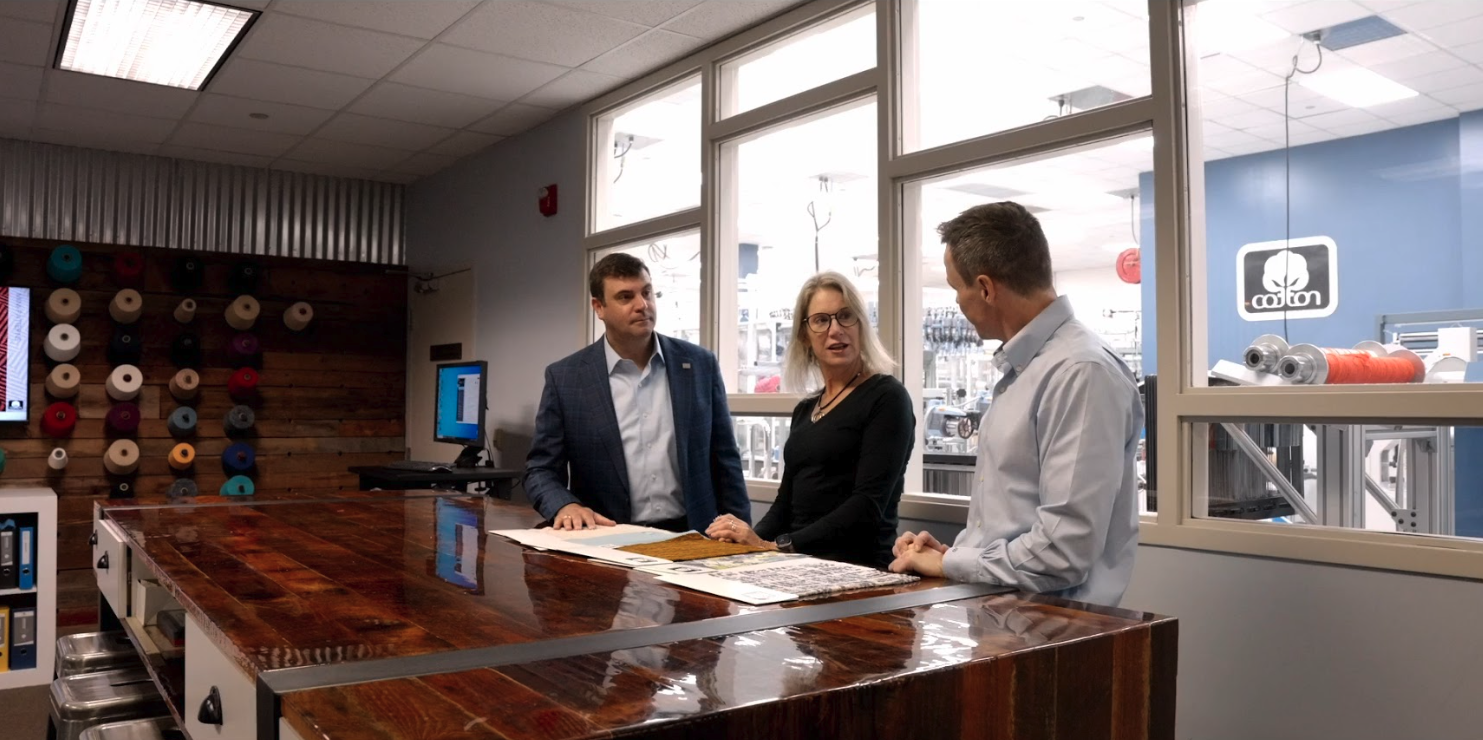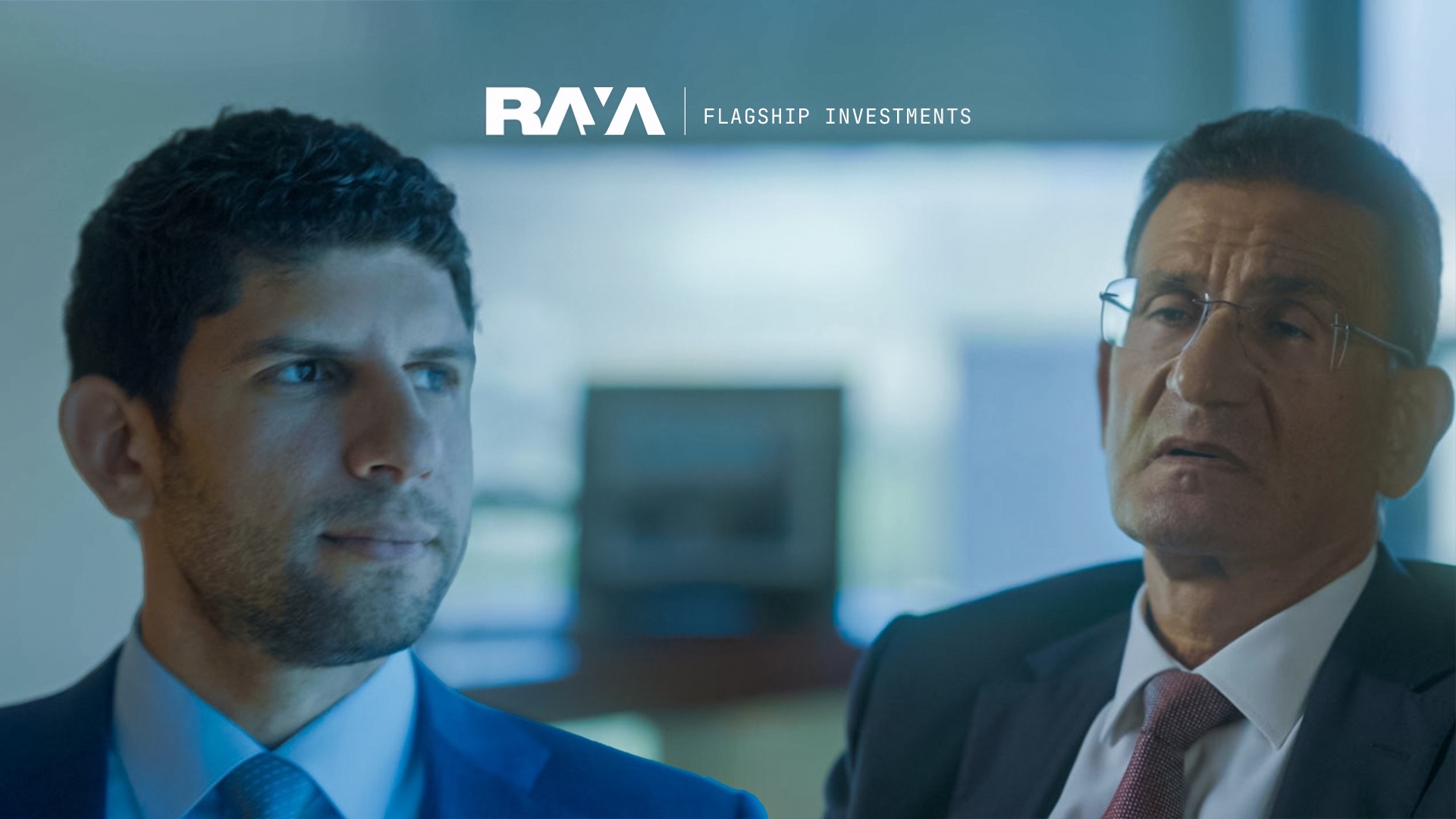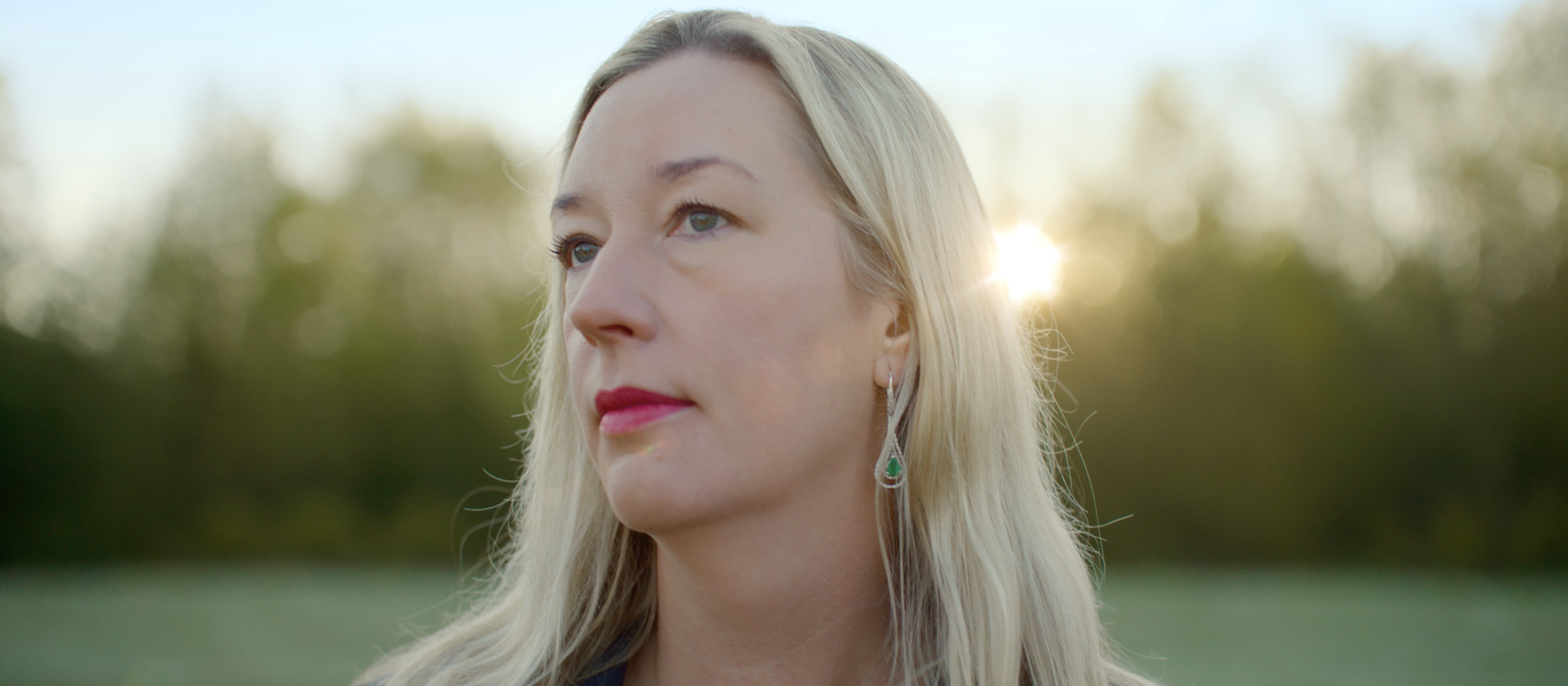Why Businesses and Governments Need to Collaborate for a Carbon-Free Economy
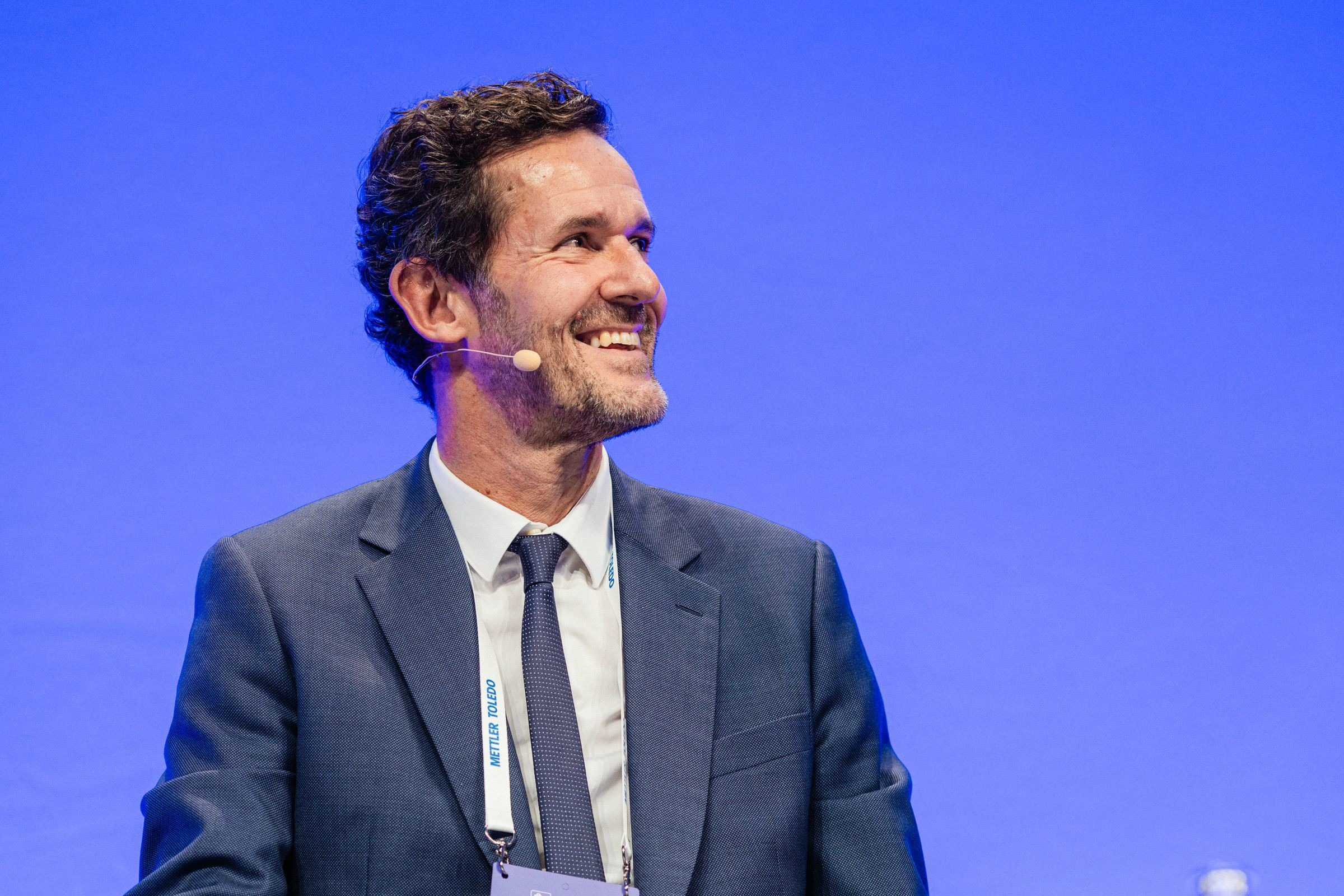
Climate change is a global issue, affecting everyone on our planet. But this also means that everyone’s actions matter, including those of citizens, NGOs, politicians, governments, administrations, and businesses. For businesses, the green transition is particularly challenging because they must remain profitable. Green products and processes often cost more than traditional (or “grey”) ones. Someone has to cover this “green premium,” or businesses will not invest in the green transition.
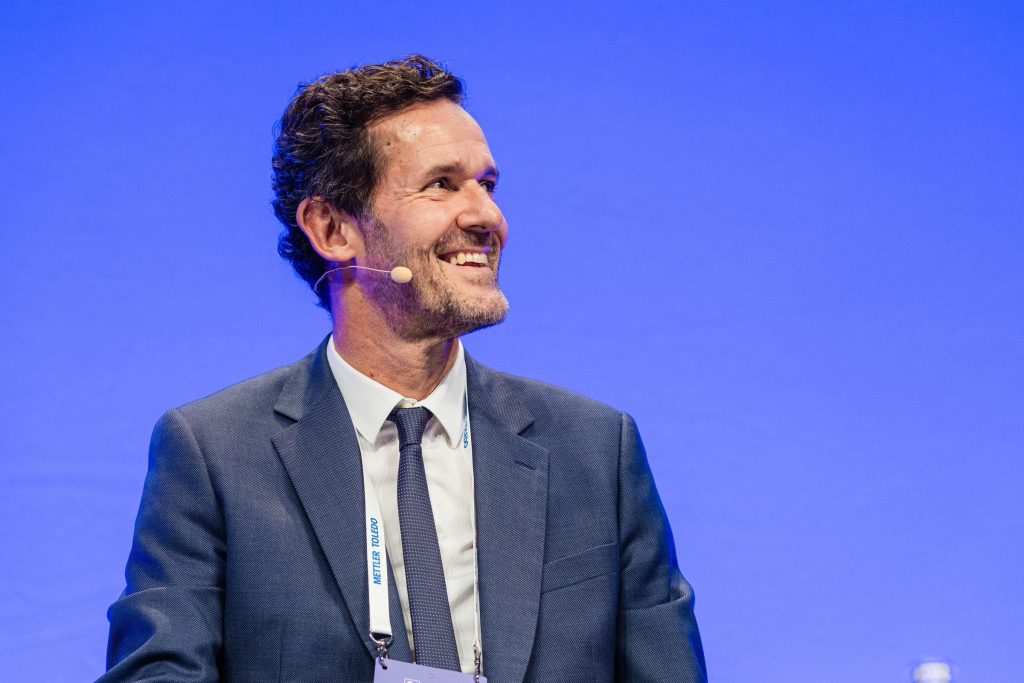
Consumers are usually unwilling to pay this premium unless regulations force them to buy green products. Alternatively, the public sector—at local, regional, state, or federal levels—can incentivize businesses to invest in green projects through subsidies, effectively covering the green premium. Another reason consumers may not buy green products is the “lock-in effect,” where they continue using grey products even if green alternatives are comparably priced. For example, there was long-standing reluctance to purchase electric cars when there was no consumer feedback or dedicated refueling and maintenance infrastructure.
In short, businesses do not invest in green projects because they are barely profitable. Criticizing businesses for not doing so, despite their potentially large financial resources, is misguided. Profit-driven resource allocation prevents them from investing in the green transition. Interestingly, this is a point that must be demonstrated by every beneficiary of large public funding measures in Europe under the prevailing State aid regulations—a key pillar of competition law.
These regulations acknowledge that State aid may be necessary to increase spending on R&D&I or green investments when the market fails to deliver efficient outcomes. Under such circumstances, State intervention can facilitate the development of activities with high social benefits. Therefore, a company seeking government funding must prove that the aid will change its behavior, leading to additional green-oriented or innovative activities that would not occur without the aid or would be carried out in a restricted or different manner.
european economics, a recognized consultancy specializing in public funding, offers tailor-made, high-value-added services across Europe to help clients design and implement turnkey State aid and European funding solutions for their strategic projects. Most supported projects promote breakthrough innovation and reduce GHG emissions across various industrial sectors: aeronautics, automotive, batteries, cement, chemistry, energy, hydrogen, pharmaceuticals & biotechs, railway, semiconductor, and steelmaking. We leverage our highly skilled consulting team (all PhDs in economics) to add significant value to our clients’ strategic projects, which often involve costs in the range of several hundred million euros and affect the trajectories of their promoters in the medium to long term.
For example, European steelmakers, with our support, secured 5 billion euros in 2022-23 to shift from coal to green hydrogen for producing CO2-free steel. They had been producing coal-based steel in blast furnaces for over 150 years, with disastrous GHG emissions. This green revolution was triggered just last year, with the support of european economics. We’re like a small ant carrying proportionally huge loads of green funding for our clients!

